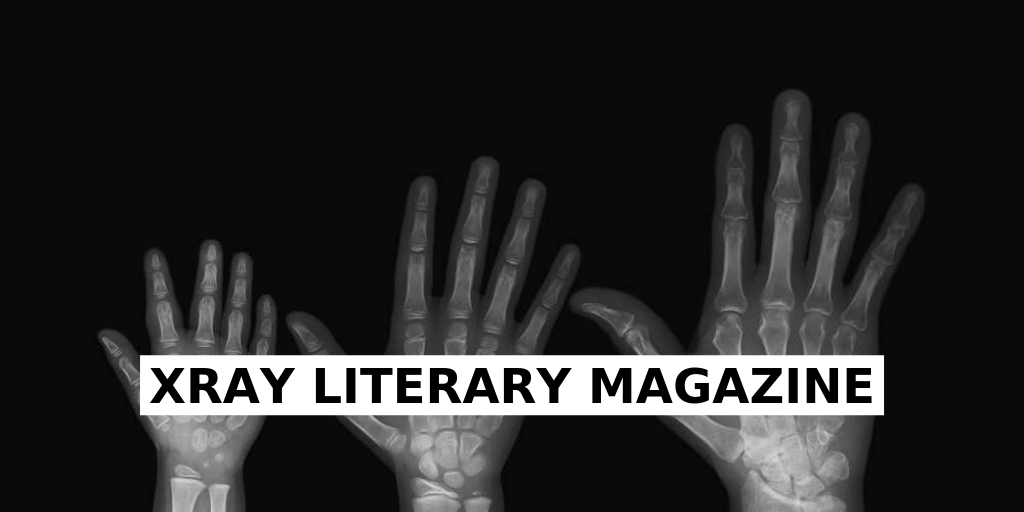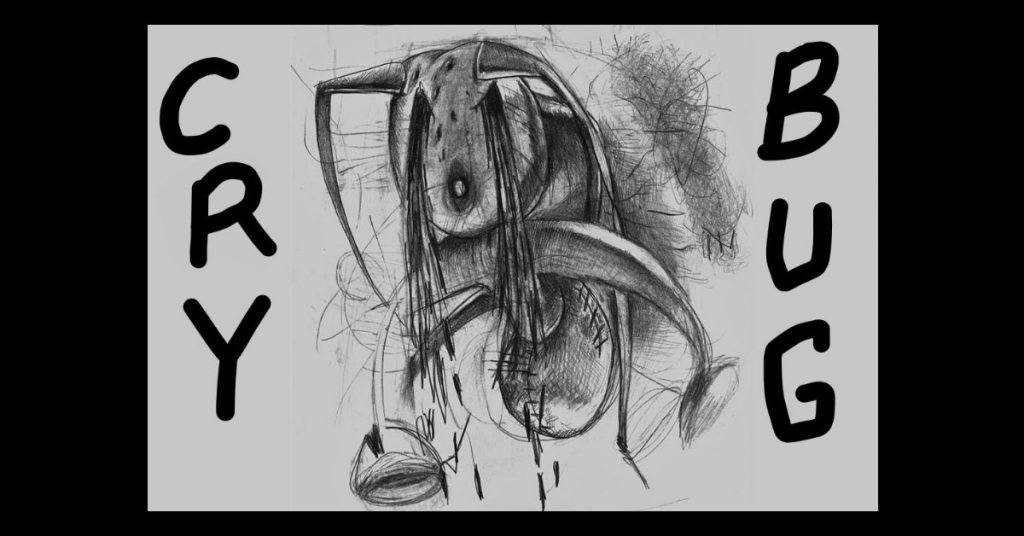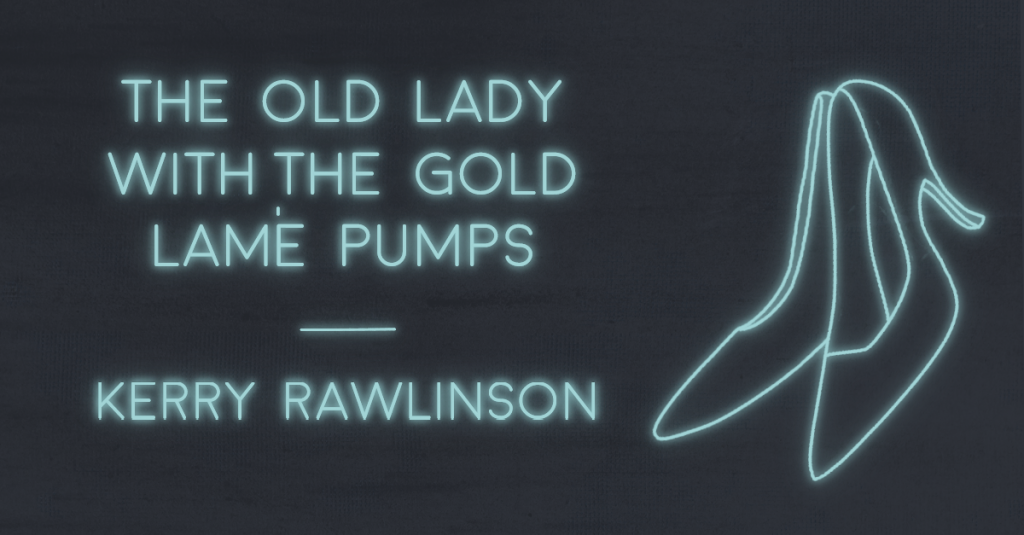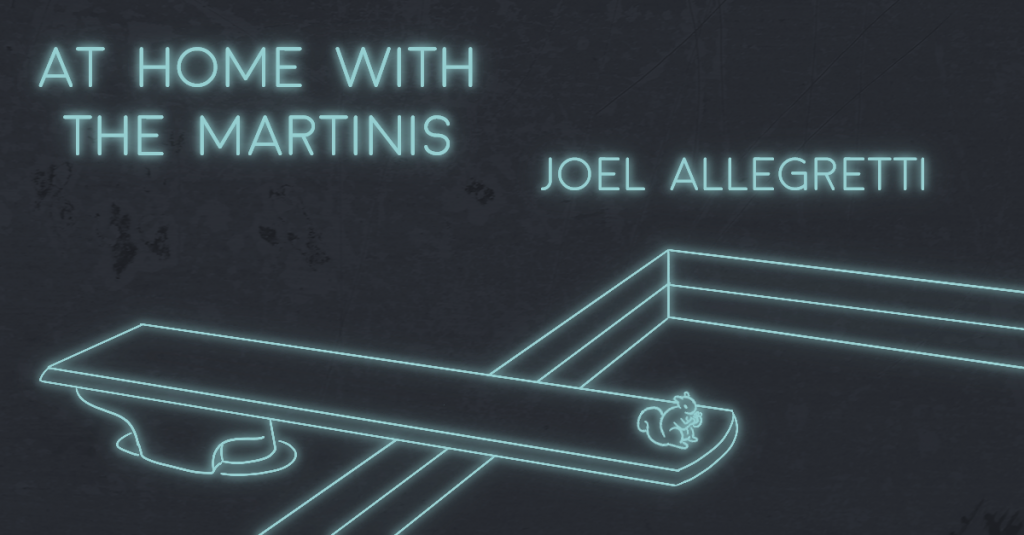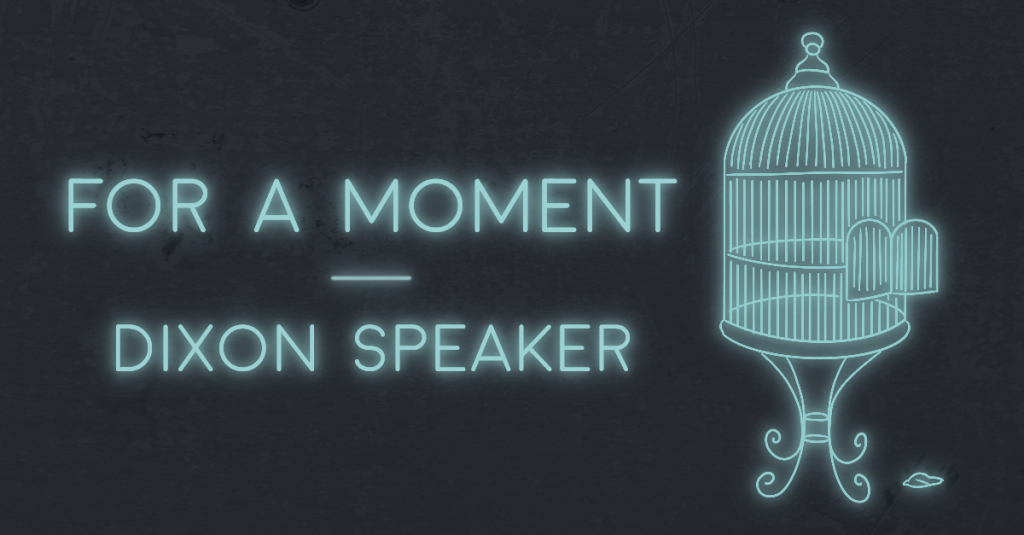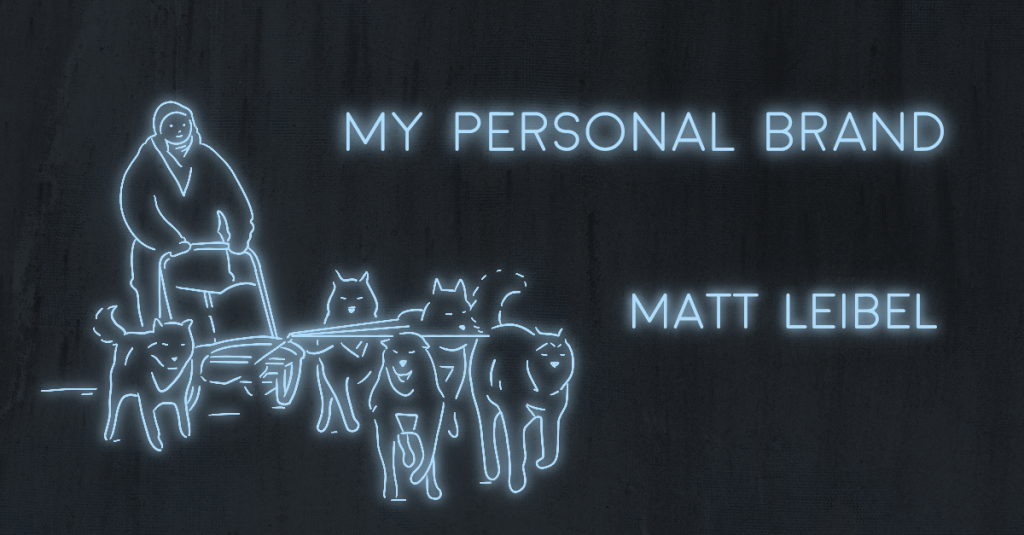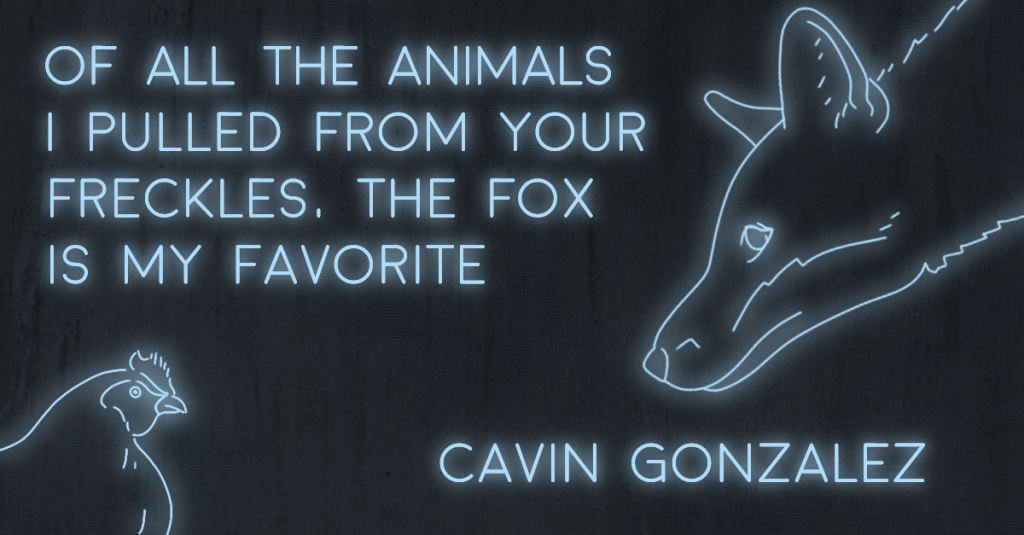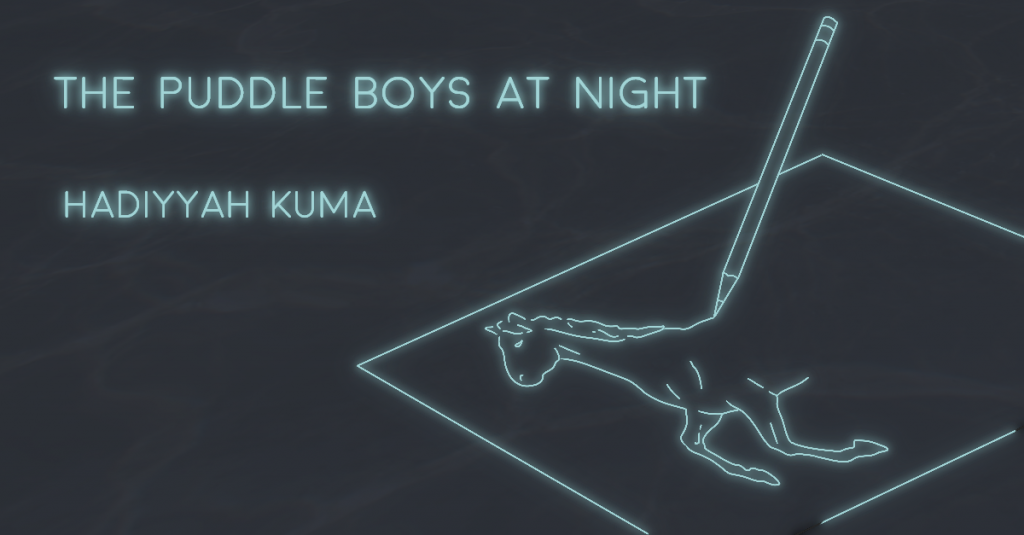
THE PUDDLE BOYS AT NIGHT by Hadiyyah Kuma
Though dripping a little, the puddle boys are no longer melting. It is late nighttime. They don’t have to sleep because there is nowhere they have to be for now. They hope they never have to sleep again, but of course this is idealistic. The puddle boys know this too, but it is nice to ignore, it is nice to be fully conscious and in love. Crossing the street is the best excuse for holding hands. Cars echo away from them; some move through and splash people’s face. Everyone forgives them. The puddle boys’ backs become green then red. Their…

